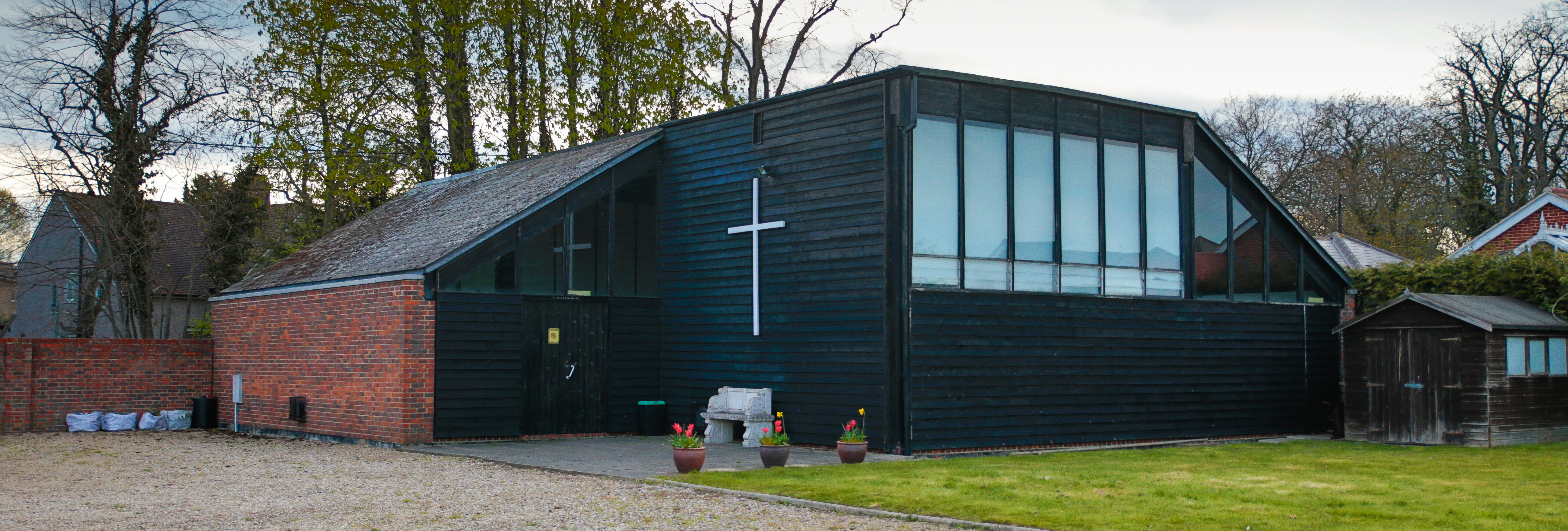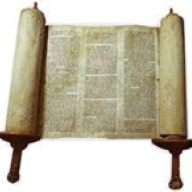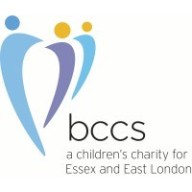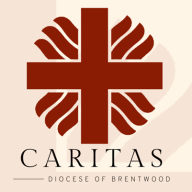3rd Sunday of Year: ‘Sunday of the word of god’
It is on this Sunday each year that we begin to read from the Gospel appointed to be read over the three-year cycle. Sunday by Sunday we reflect on the content of the passage read that day, but we cannot fully understand a passage taken out of context. We need also to be aware of the passages surrounding it – usually heard the previous and following weeks – and the overall approach and purpose of the writer. We also need to be aware of the nature of the Bible as a library – an inspired collection of books rather than a single volume. Originally each one would have been written on a different scroll – the Greek word from which we get ‘Bible’ is plural. ‘Biblia’ means ‘books’. Books in the modern format, enabling several items to be collected in one cover, only came into existence in the Third Century. For this reason, we can say that the Bible is the ‘book of the Church’ since the bishops of the early Church decided which books should be counted as inspired and ultimately included in one volume. We should see the weekly selection offered by the Church at Mass as a ‘taster’ not a substitute for reading the Bible ourselves. Each Evangelist has his particular focus.
Since we have already heard St Luke’s account of the birth and childhood of Jesus, the Church today gives us just the opening verses of the Gospel and then leaps forward to the beginning of the Lord’s public ministry. Both St Matthew and St Mark begin with the call of the Apostles but St Luke first gives us an account of Jesus preaching in his home town – we will hear the call of the Apostles in a fortnight. Jesus had already established a local reputation as a preacher before he called the Apostles. St Matthew emphasises the role of Jesus as teacher and law-giver in the mould of Moses but St Luke’s emphasis is different. It is not so much THAT he is a teacher as what he teaches and how he exemplifies what he teaches. He does not just proclaim liberty and healing. Through his miracles of healing he shows in deed as well as in word how the power of God is bringing this about. This focus on Jesus as one who heals and binds up the broken heart doubtless reflects St Luke’s own temperament and experience as a physician.
















